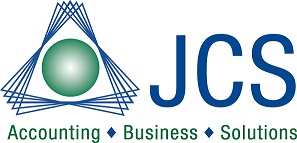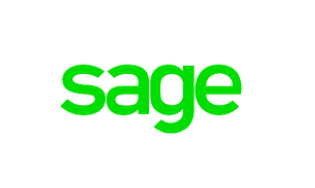How to perform a Sage 50 Month End Close
Steps to complete a Month End Close Procedures and Tips and Tricks
for Sage 50 Small Business Accounting

What is a month end close in Sage 50? The 6 basic steps include
- Entering deposits
- Recording checks
- Complete Bank Reconciliation
- Review financial balances
- Print reports
- Change to the new accounting period
The bank reconciliation which is included as a part of the month end close steps confirms all transactions for the monthly period were recorded and is one of the most critical part of the process.
Small Businesses walk thru these steps each month end to make sure financial reports are accurate. The result of completing each month in a timely manner is so that the owners can determine profitability each month during the year. Often this is the basic for future financial decisions. View Sage 50 system Requirements.
Sage 50 Tips and tricks
For Sage 50 users on any version
- Sage 50 Quantum
- Sage 50 Premium
- Sage 50 Pro
5 accounts that need to be reviewed and reconciled monthly are:
- Cash
- Accounts Receivable
- Inventory
- Accounts Payable
- Gross Wages
If you are a larger company there may be additional accounts that need to be reviewed for accuracy each month such as fixed assets, prepaid expenses, loan accounts and tax liabilities. If you are distribution or manufacturing company it may include WIP, Finished goods and cost of goods sold. For a month end close checklist follow the links below to request a month end close checklist in excel for your small business.
Sage 50
- Request Small Business Month-End Close Checklist
-
View Sage 50 Month-End Close Checklist
-
Review Sage 50 Quarter End Checklist
-
View Sage 50 Year End Close Checklist
- For more information and support on Small Business Accounting Software visit Accounting Business Solutions by JCS and for services on Sage Software Timeslips visit www.timeslipssupport.com



